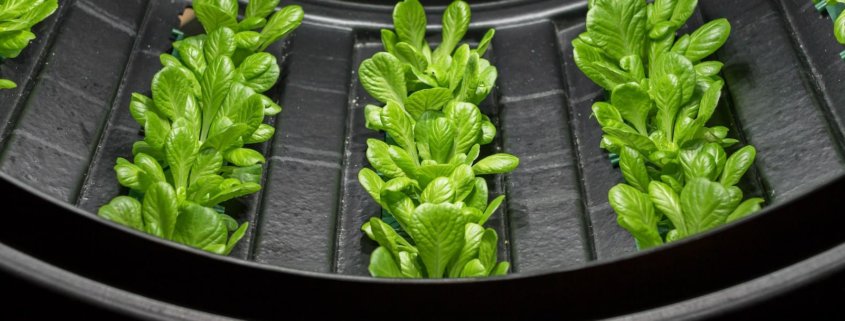How Food May Look in 20 Years
Twenty years from now, our view on food will significantly change. Sugar will be considered the new cigarette, and we will probably live in a society where people eat fruits that are genetically modified. We will also be eating synthetic eggs and meats for all we know. The future of food might sound like it came from a sci-fi movie, but there is a huge possibility that it could happen.
The possible future of our food system is driven by our current food culture and our past. This may be our outlook for 2020 when it is 2040…A few decades ago, our farmers experienced an agricultural bottleneck caused by global warming that, in turn, affected the production of our food. Our livestock was plagued by diseases that severely compromised our food sources. Three-Fourths of the world’s food is derived only from 12 plants and five animal species. This means that we are eating the same food day in and day out – no diversity at all! And so, our food scientists reacted to food scarcity using a novel approach by growing meat in labs and implementing robotics in farms to increase productivity and food sustainability.
Farming Is Reinvented
Because of the high demands to produce food, traditional farmers have reinvented themselves to adapt to modern technology in growing, caring for, and harvesting their crops. The involvement of technology in agriculture has also paved the way for young farmers to join in. Around 70% of the young farmers are fresh out of college, and they refer to themselves as urban farmer-scientists. The young generation farmers are no longer planting crops the conventional way but are growing plants in containers or a hydroponic setup. The rise of the movement of the urban farmer-scientists bridges the gap between the citizens and their food source. This has the potential to solve the issue of the food desert.
On the other hand, the fields that were heavily cultivated in the past using traditional agricultural methods have been turned into sites for regenerative agriculture wherein the farmers can improve the quality of a once-depleted soil and use it to grow organic products. Obtaining the organic label does not only appease the growing demands for organic products, but it can also help combat climate change by sequestering carbon into the ground.
Transparency Is King
In today’s society wherein, we prefer too much personalization even in our food; transparency is the mainstream in many food manufacturers. The focus on food security and climate change have led to many kinds of food police. Transparency allows consumers to determine the source of their food and monitor if the food was made using sustainable means. Transparency of our food labels also will enable consumers to analyze the health effects of the food products that we buy. This can be achieved by technological innovations such as a digital implant tattoo or an edible nanorobot to assess the benefits of the food we consume.
The future of food will become more complicated, but whatever our food researchers and scientists come up with, it will be for the benefit of everyone.
Inspired by www.fastcompany.com



